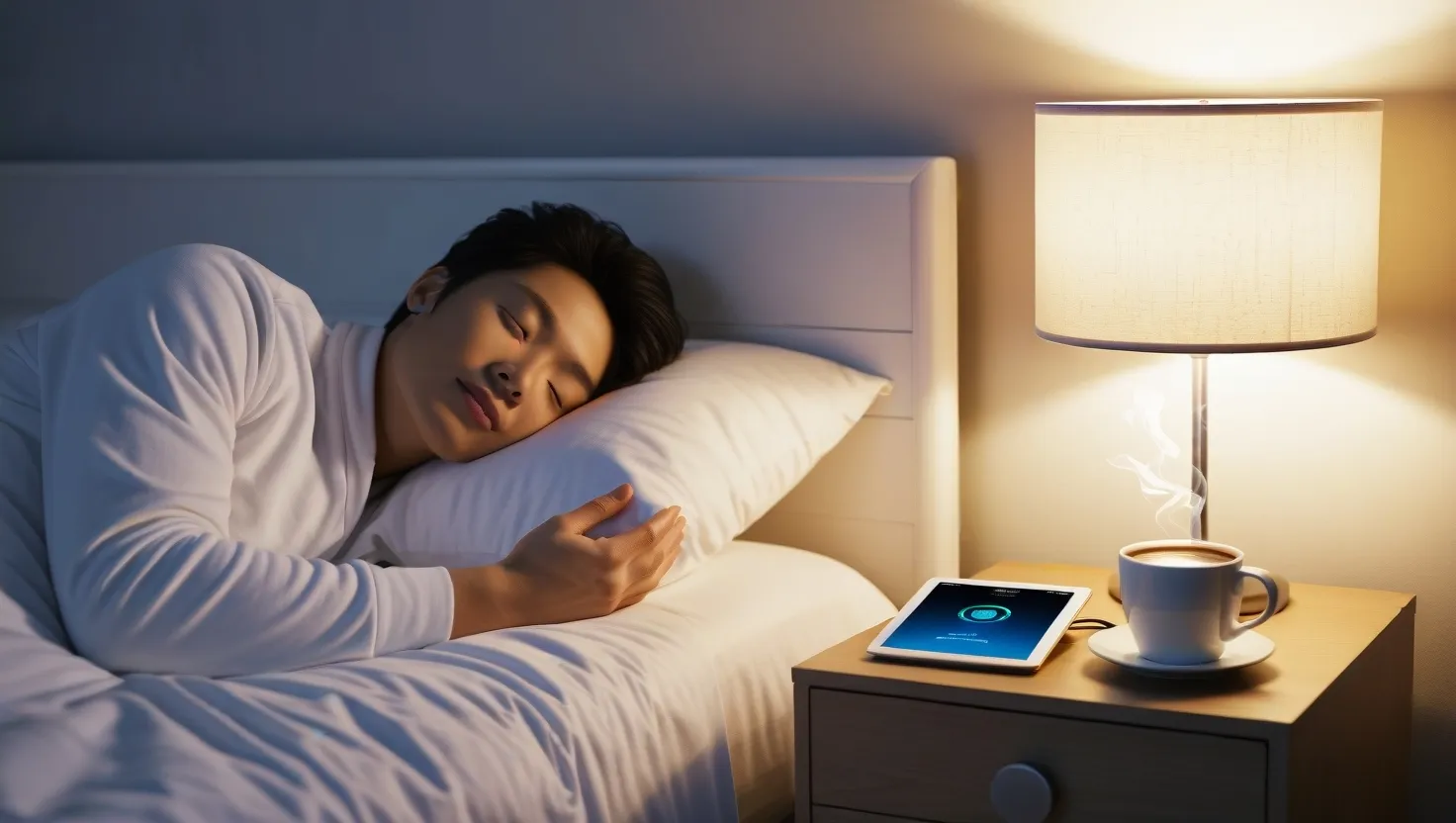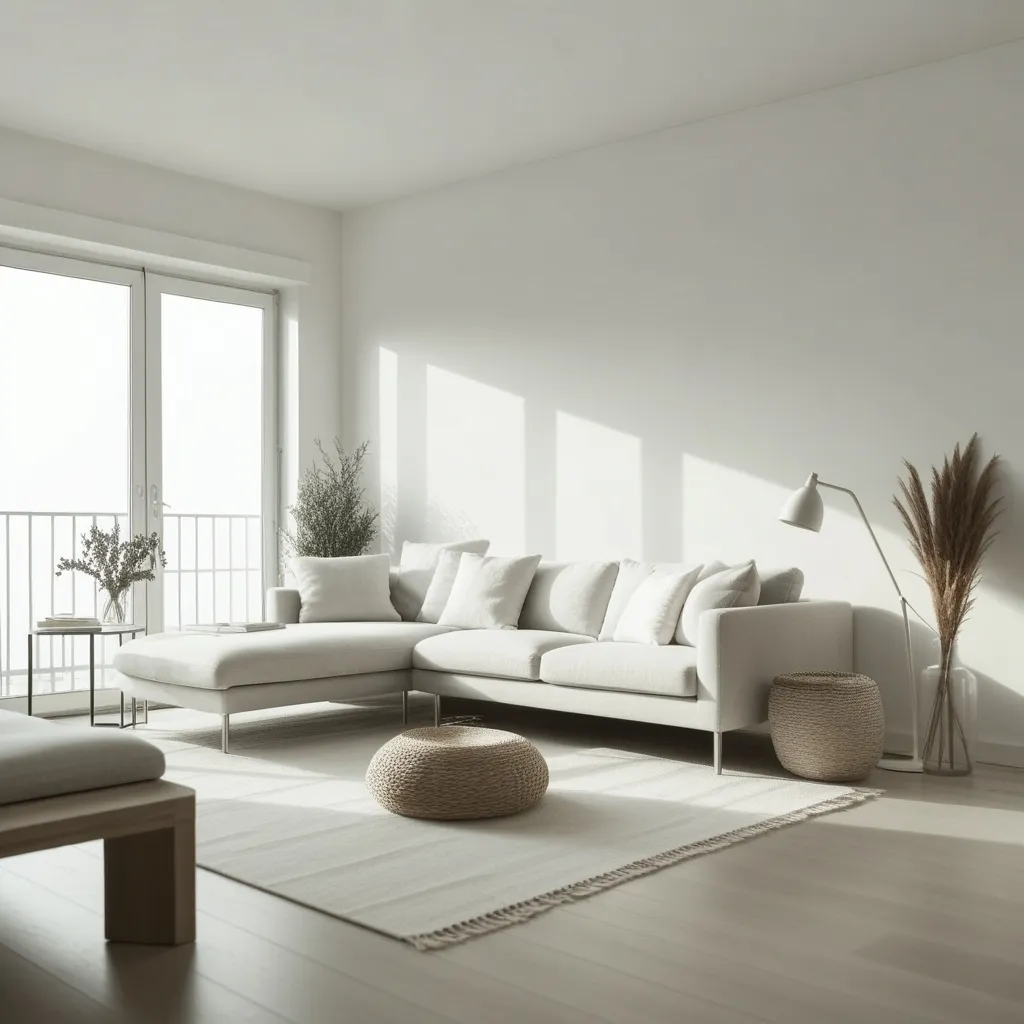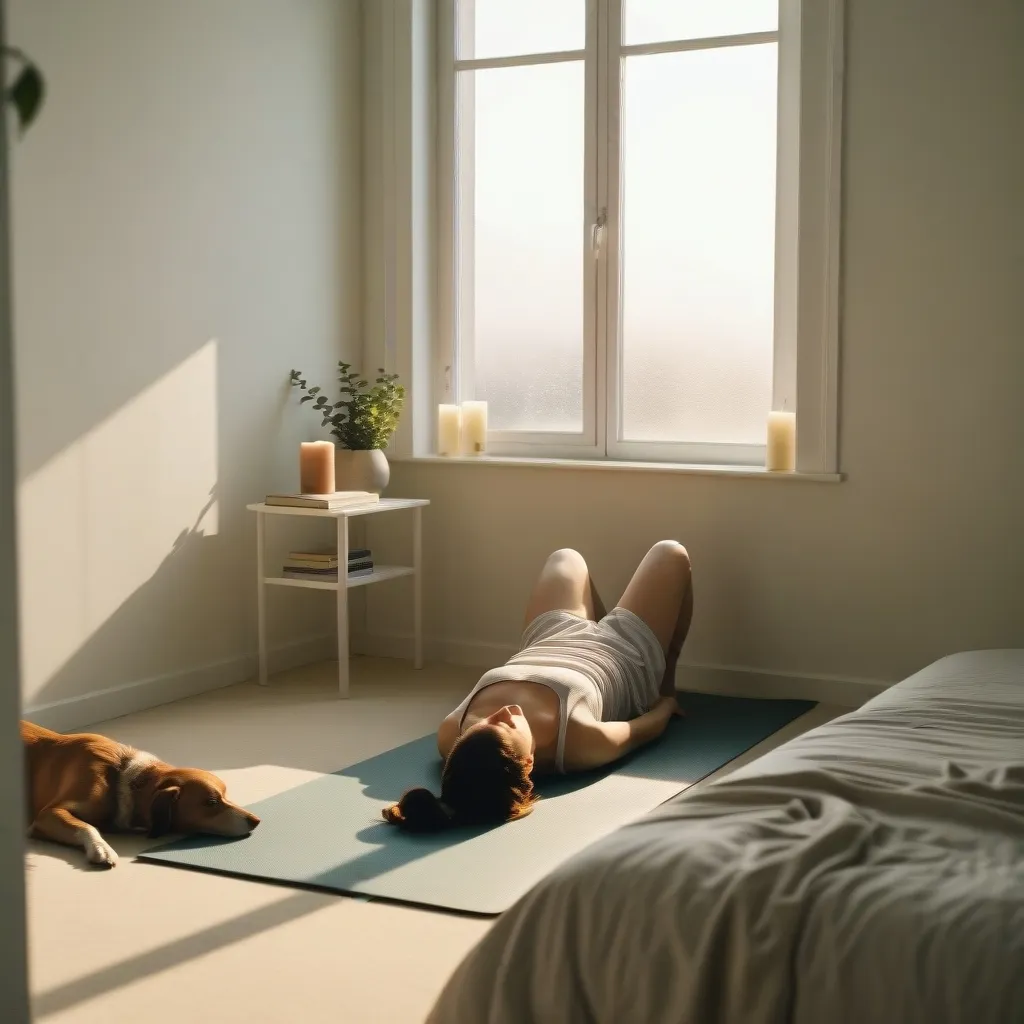As I wake up to the gentle glow of my smart home’s automated lighting, I am reminded of the profound impact technology can have on our daily lives. The soft, gradual increase in brightness mimics the natural sunrise, signaling to my body that it’s time to start the day. This is just the beginning of a meticulously crafted morning routine, one that leverages the full potential of smart home automation.
Imagine a world where every morning task is orchestrated with precision, each device working in harmony to ensure your day begins on the right foot. It’s a reality that many are embracing, and it’s transforming the way we live.
The Science of Wake-Up
The human body has an innate response to light, a phenomenon known as the circadian rhythm. Smart home systems can exploit this by simulating a sunrise through smart lighting. Systems like Philips Hue or LIFX can be programmed to gradually increase the brightness and color of the lights, mimicking the natural dawn. This gentle wake-up call is far more pleasant than the jarring sound of an alarm clock.
As the lights come on, other devices spring into action. The smart thermostat, perhaps a Nest Learning Thermostat or an Ecobee, adjusts the room temperature to a comfortable level, ensuring that the moment you step out of bed, you’re greeted by a cozy environment. This synchronization is not just about convenience; it’s about creating a seamless transition from sleep to wakefulness.
The Perfect Brew
Coffee is often the first thought on many people’s minds as they wake up. With smart home automation, you can have your coffee ready exactly when you need it. Smart plugs from TP-Link or Wemo can turn any regular coffee maker into a smart device, allowing you to program it to brew your coffee at the optimal time. Imagine walking into the kitchen to the aroma of freshly brewed coffee, ready to kickstart your day.
As Steve Jobs once said, “Innovation distinguishes between a leader and a follower.” In the context of smart home automation, this couldn’t be more true. The ability to automate such mundane yet crucial tasks is what sets leaders in home technology apart.
Voice of the Morning
Smart speakers like Amazon Echo or Google Home are more than just music players; they are your personal assistants. As you wake up, they can provide you with a personalized news briefing, weather update, and even your daily schedule. These briefings are tailored to your preferences, ensuring you’re well-informed and prepared for the day ahead.
But how do you ensure that these briefings are relevant and engaging? The key is customization. By syncing your smart speaker with your calendar and preferences, you can receive updates that are pertinent to your day. For instance, if you have a meeting scheduled, your smart speaker can remind you of the time and location, along with traffic updates to help you plan your commute.
Smart Mirrors: The Ultimate Personal Assistant
Smart mirrors are one of the lesser-known but highly innovative smart home devices. These mirrors can display your daily schedule, traffic updates, and even weather forecasts while you get ready for the day. Imagine brushing your teeth or applying your makeup while simultaneously checking your schedule for the day. It’s a blend of functionality and convenience that redefines the concept of a morning routine.
As the famous inventor and futurist, Nikola Tesla, once said, “The present is theirs; the future, for which I have really worked, is mine.” Smart mirrors represent a future where technology seamlessly integrates into our daily lives, making every task more efficient and less stressful.
Energy Efficiency and Security
One of the often-overlooked benefits of smart home automation is energy efficiency. Devices like smart thermostats and smart plugs can be programmed to turn off or reduce their energy consumption when not in use. For example, as you leave for work, your smart home system can automatically turn off the lights, heating, and other appliances, saving you money and reducing your carbon footprint.
Security is another critical aspect of smart home automation. Smart locks can be programmed to lock automatically when you leave the house, and security shutters can roll down to secure your home. These automated security measures provide peace of mind, knowing that your home is secure even when you’re not there.
The Human Touch
While technology can streamline our morning routines, it’s essential to remember the human element. What makes a smart home truly smart is its ability to adapt to your lifestyle and preferences. By customizing your automation routines, you can ensure that your home responds to your needs in a way that feels natural and intuitive.
For instance, if you prefer a quiet morning, you can program your smart home to delay the news briefing until you’re ready. If you’re a music lover, you can have your favorite playlist start as soon as you wake up. The flexibility of smart home automation allows you to create a morning routine that is uniquely yours.
The Future of Mornings
As we look to the future, it’s clear that smart home automation will continue to play a significant role in our daily lives. With advancements in AI and IoT, our homes will become even more intelligent and responsive. Imagine a home that anticipates your needs before you even think about them – a home that adjusts the lighting, temperature, and even the music based on your mood and schedule.
The potential is vast, and the benefits are undeniable. Smart home automation is not just about making our lives easier; it’s about creating a better quality of life. As the renowned futurist, Ray Kurzweil, said, “Technology is a way of organizing the universe so that people don’t have to experience it firsthand.”
In the context of smart home automation, this means that technology can handle the mundane tasks, allowing us to focus on what truly matters – our well-being, our relationships, and our personal growth.
As you consider integrating smart home automation into your morning routine, ask yourself: What would you do with the extra time and energy saved? How would you feel knowing that your home is secure and efficient? The answers to these questions might just inspire you to embrace the future of smart living.






